In considering the most common 1.7 CRDI Engine Problems, one encounters the Kia Hyundai 1.7 CRDI engine, also recognized as the U2 D4FD. Developed under license from VM Motori and crafted by the Hyundai Kia automotive conglomerate, this power plant has gained a reputation for its reliability and robustness in small passenger car diesel engines. Nevertheless, challenges may manifest, particularly with components like the diesel particulate filter (DPF) or EGR valves.
Regarding the Hyundai 1.7L CRDi Engine
With a displacement of 1,685cc, this engine appears in two variants: a 113PS (85KW; 113 hp) and a 141 PS (104KW; 139 hp) version. These iterations feature a chain-driven DOHC configuration with four valves per cylinder, common rail direct injection (CRDi), and a variable geometry turbocharger (VGT). Various Hyundai and Kia models have embraced the 1.7 CRDI engine, including the Hyundai i40 (2011 – 2019) and Tucson/ix35 (2010 – 2018), as well as the Kia Carens (RP) (2013 – 2019), Optima (2010 – 2018), and Sportage (2010 – 2018).
Is the Hyundai CRDi engine commendable?
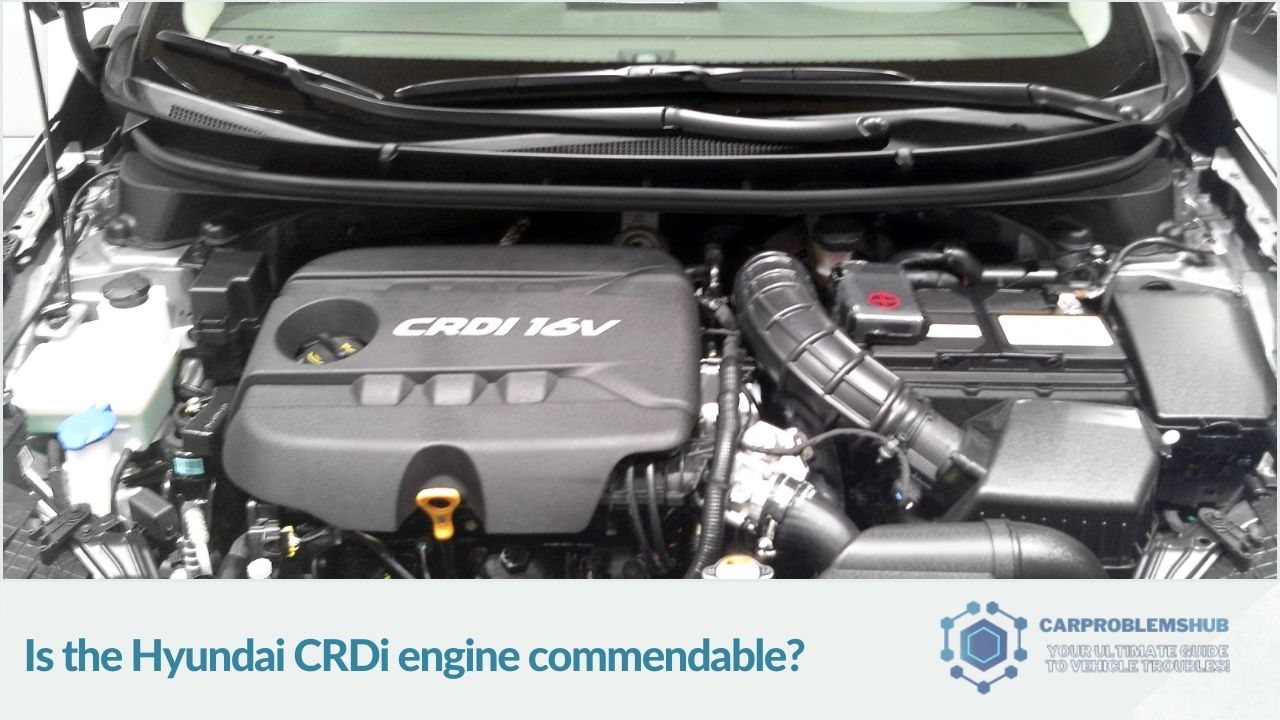
Introduced at the Paris Motor Show in 2010, the Hyundai 1.7 CRDi engine, despite the potential for issues common to many engines or automotive technologies, generally promises a relatively hassle-free experience, especially with regular upkeep and prudent driving habits. It should be noted, however, that some drivers have voiced concerns about its power, particularly when overtaking at higher speeds.
Is the Hyundai 1.7 CRDI engine fuel-efficient?
Efficiency characterizes the Hyundai 1.7L CRDi engine. Examining the 136HP version employed in the Hyundai i40, one can anticipate:
- 39.87 MPG (US) in urban settings
- 51.12 MPG (US) in extra-urban environments
- 46.12 MPG (US) in combined conditions.
🔑 Key articles: 2019 Hyundai Tucson Problems
Common issues with the 1.7 CRDi engine
DPF (Diesel particulate filters)
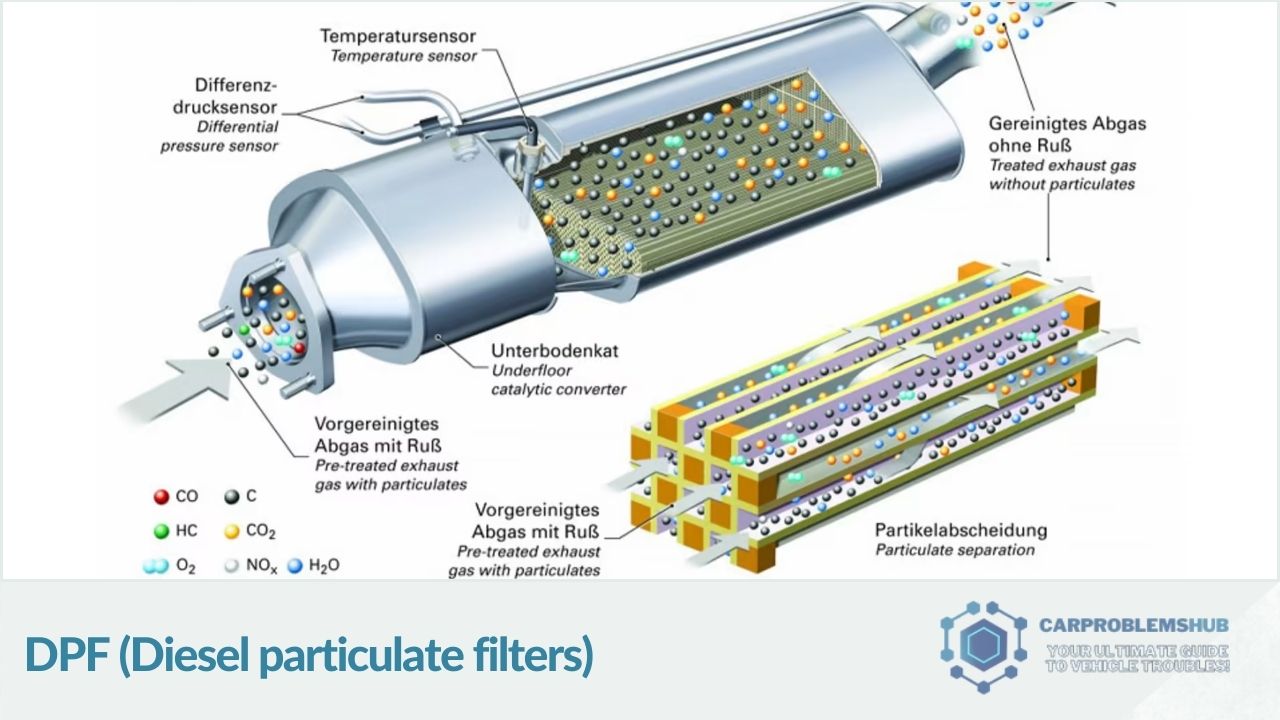
The Hyundai 1.7 CRDi engine may grapple with DPF-related problems. These complications encompass reduced power, engine starting difficulties, fuel inefficiency, and unusual odors emanating from the engine. To address this, one may commence with an extended motorway drive to facilitate DPF regeneration and the clearance of clogged contaminants. If this proves ineffectual, consulting a garage for diagnostics becomes imperative. Exploring the possibility of specialized cleaning can be cost-effective compared to a complete replacement.
EGR Valve
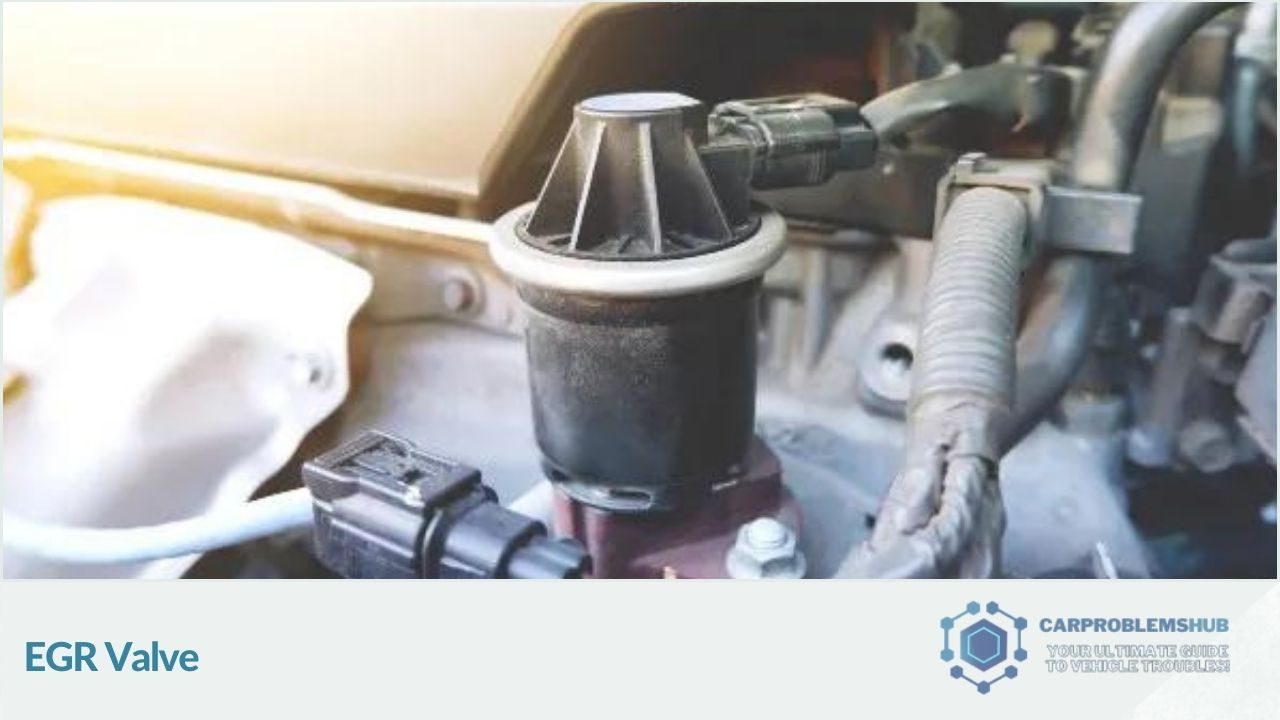
Intermittently, challenges arise with the EGR valves due to prolonged wear or blockage. A defective Exhaust Gas Recirculation (EGR) valve can lead to performance issues, including diminished power, reduced acceleration, and decreased fuel efficiency. Problems ensue when the valves become stuck in an open or closed position due to accumulating soot particles, carbon deposits, and fuel-related dirt. Replacing an EGR valve can cost between £250 and £350, depending on the vehicle make and model. Alternatively, opting for specialized cleaning may prove a more budget-friendly solution.
Turbocharger
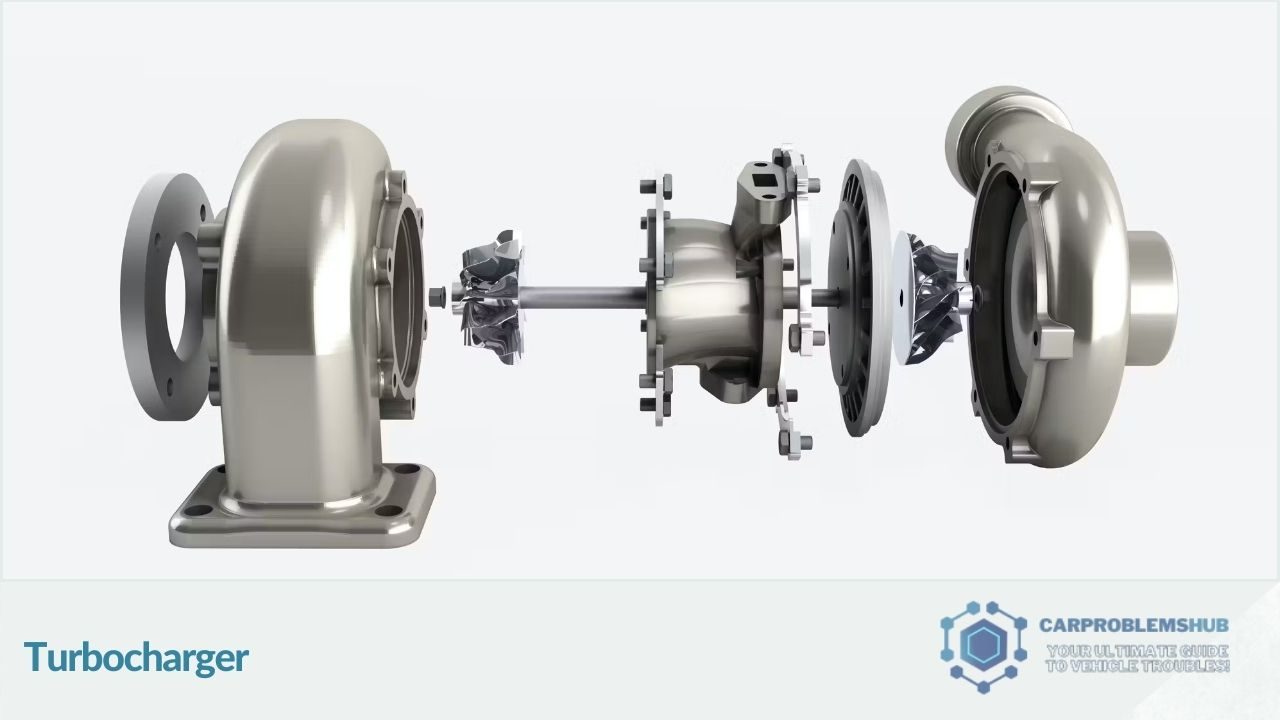
The CRDI engine is susceptible to turbocharger malfunctions, particularly as mileage accumulates. The primary cause often lies in blown-out oil seals within the unit. A noticeable indicator involves the emission of blue or grey-colored exhaust smoke with a discernible burning oil scent. Faulty metal gaskets in the turbo result in oil leakage into the exhaust system, leading to an emissions test failure and adding strain to the DPF. Correcting this issue necessitates fitting a new unit or refurbishing the existing one.
Glow plugs
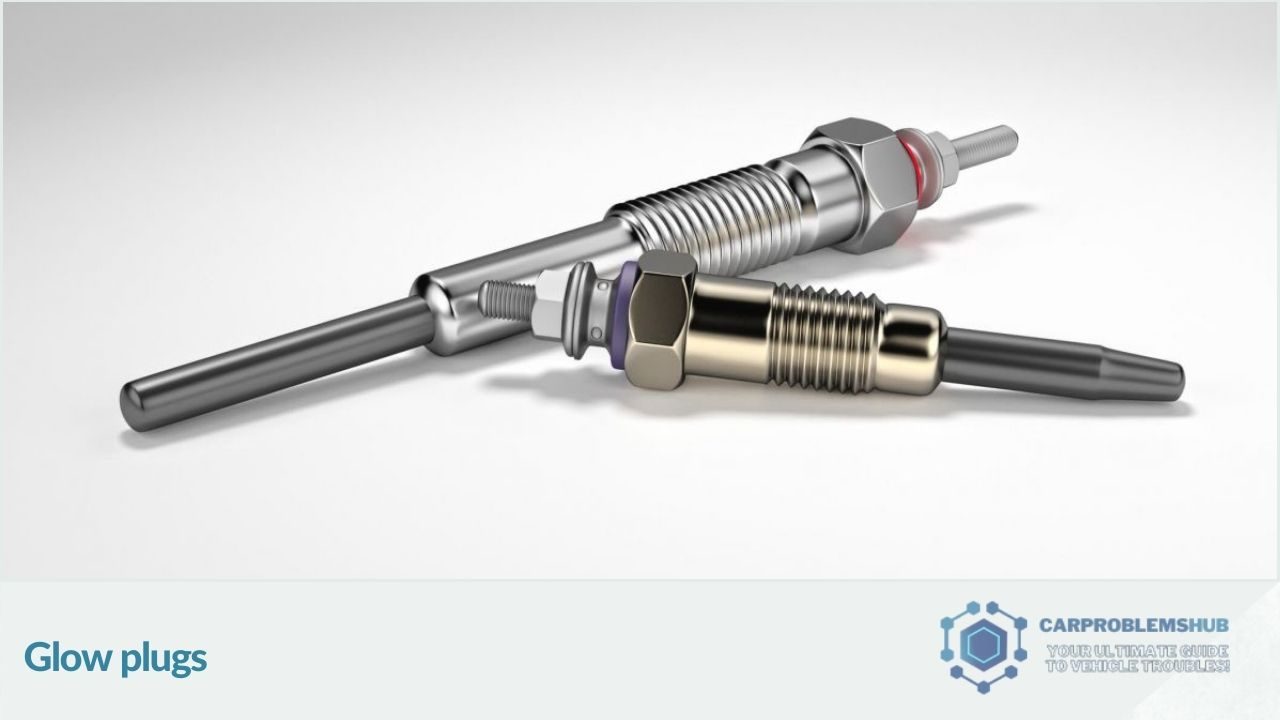
Some vehicle owners have reported prematurely wearing glow plugs. Indications comprise exhaust smoke, reduced MPG, and delayed ignition. Fortunately, glow plug replacement proves cost-effective and contributes to prolonging the engine's lifespan. For those inclined to perform this task themselves, The Green Spark Plug Company offers a selection of glow plugs and other essential components.
🎯Suggested article: Kia Voice Recognition Problems
What ails Hyundai engines?
In general, Hyundai engines demonstrate commendable reliability. However, as previously mentioned, challenges related to the diesel particulate filter can manifest, a concern not confined to any specific car brand.
Legal issues in the United States
Recent headlines have highlighted Hyundai and Kia's legal woes in the United States, about engine fires and substantial fines amounting to $137 million. A whistleblower from within the company reported these issues to US regulators, subsequently receiving a reward of $24 million for his efforts. While three million vehicles from 2011 through 2016 were affected, it's noteworthy that the 1.7 CRDi engine remained unaffected by this particular predicament. Engine failures and fires have plagued these Korean automakers since September 2015, resulting in numerous recalls.
Has Kia resolved its engine troubles?
The challenges Hyundai Kia Automotive Group faced in the United States indicate that their engine-related issues persist. Nevertheless, the significant penalties and negative publicity may mitigate future problems. As the automotive industry embraces electrification, the relevance of traditional gasoline and diesel engine problems may diminish in the years ahead.
How long does a Hyundai diesel engine endure?
Hyundai engines typically boast an average lifespan of up to 300,000 miles. For an individual covering approximately 15,000 miles annually, this equates to about twenty years of engine longevity, exceeding the requirements of most drivers. There exist instances of drivers surpassing the 400,000.
How can a Hyundai last longer?
Prolonging the life of a Hyundai Primarily, regular maintenance, utilization of high-quality oil and fuel, and adherence to prudent driving practices significantly contribute to preserving the vehicle's condition.
The following key recommendations can help extend the life of your Hyundai:
- Replace the engine oil and oil filter every 10,000 miles with reputable motor oil sources such as Amazon, available for your convenience.
- Change the climate control air filter every 15,000 miles.
- Install a new air filter every 30,000 miles.
- Replace glow plugs every 90,000 miles or as needed.
- Employ a fuel system cleaner to clean injectors every 5000 miles.
How to avert Hyundai 1.7 CRDI engine problems
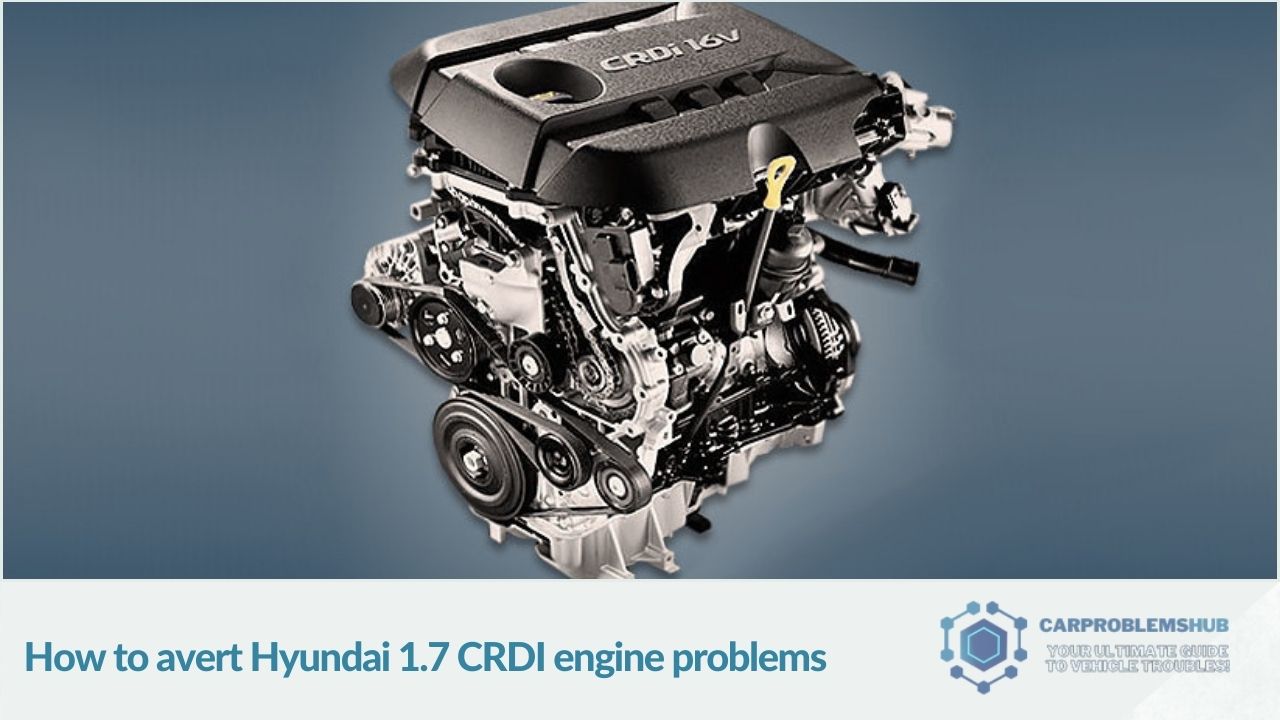
Safeguarding the Diesel Particulate Filter (DPF) necessitates regular, substantial-speed runs every few weeks to facilitate proper regeneration. Neglecting this aspect may lead to blockages and DPF dysfunction. Therefore, ensuring periodic high-speed runs and consistent maintenance practices should minimize issues and optimize the engine's efficiency and dependability.
🎯Suggested article: Kia Niro Climate Control Problems and Repair
Conclusion
In closing, regular maintenance schedules and responsible driving behaviors play pivotal roles in prolonging the lifespan of any vehicle. Korean automotive brands, such as Hyundai and Kia, have steadily gained prominence in the automotive industry, challenging the established Japanese and European manufacturers. While challenges can arise with any carmaker, it remains unfair to single out a specific manufacturer concerning engine reliability.
In summary, the Hyundai 1.7L CRDi engine has established a presence in the market for some time. Generally, it is a reliable power plant capable of satisfying the mass market's needs. We trust this article aids in addressing your 1.7 CRDI Engine Problems.
If you currently encounter vehicular issues, consider utilizing an on-board diagnostic (OBD) scanner, available for as little as £25.
Should you have experienced distinct symptoms, we welcome your comments below.
📖 Read also: P1326 Hyundai Sonata Code Problems
Was this page helpful?

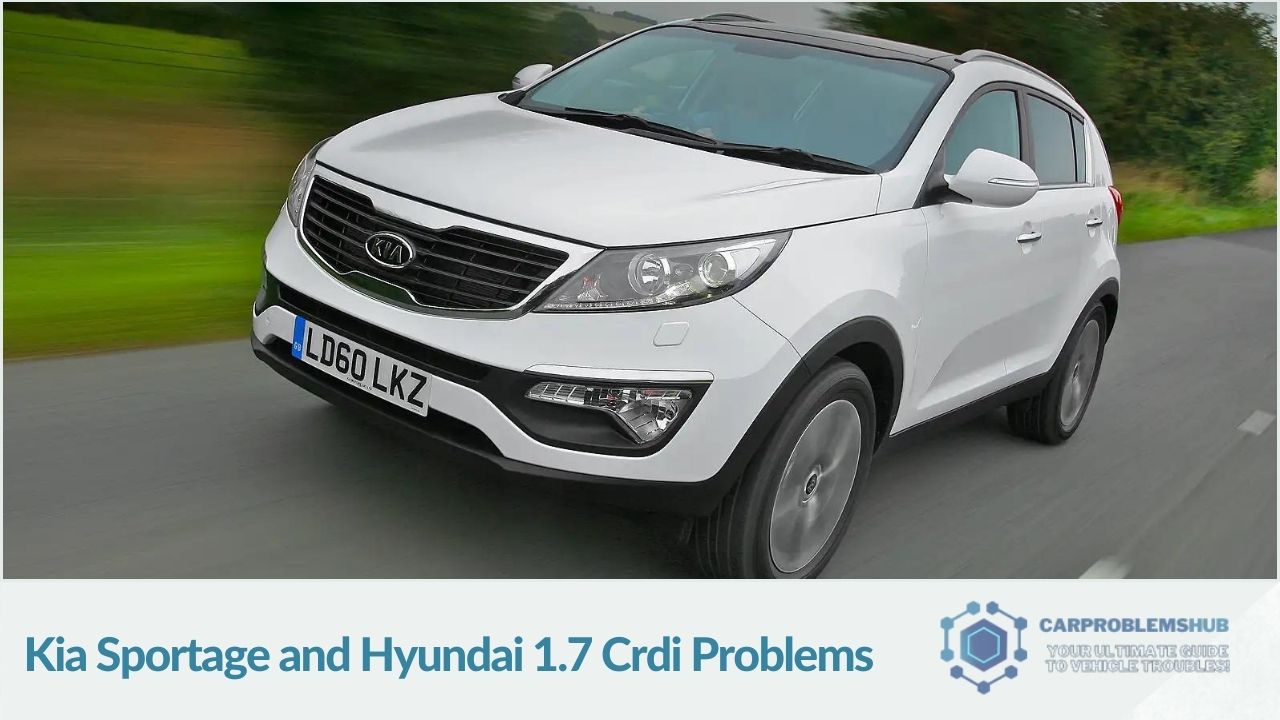
Similar Problems in Other Models
2019 Hyundai Tucson Problems: What Owners Should Know
Hyundai Genesis Coupe 3.8 Engine Problems and Causes
Hyundai Nu 2.0 GDI Engine Problems and Solutions
Hyundai Anti Theft Software Update Problems: How to Fix?
Hyundai Climate Control Problems and Solutions
Hyundai Tailgate Lock Problems: Causes and Solutions
Hyundai Genesis Push Button Start Problems and Solutions
Hyundai Electronic Parking Brake Problems and Causes
Hyundai CVVT Problems: A Fixing Guide
Hyundai Santa Fe Power Liftgate Problems and Causes
Car News and Reviews
Would you like to take a look at the car news and reviews we have carefully selected and published for you?
GM's Big Road Network for Hands-Free Driving
DTC C0561-71 Vacuum Sensor Code on GM, GMC and Chevy
C1201 Code Toyota and Lexus (Causes and Solutions)
Chrysler Auto Start Stop Warning Light (Causes and Solutions)
2024 Ford Mustang GT: Digital Age Meets Classic Power
The 2024 Chevrolet Silverado 2500HD ZR2: An Off-Road Marvel
2024 Chevy Colorado ZR2 Bison: The Ultimate Off-Road Experience
The 2024 Lucid Air Sapphire Track Drive Experience
2024 Subaru Forester Review, Specs, Price, Release Date
Maruti Suzuki Swift Long Term Review: A Detailed Journey